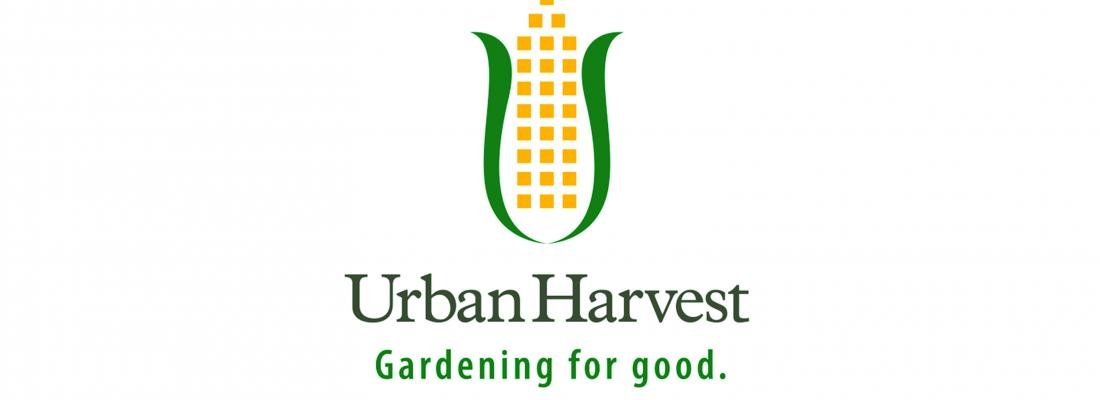
Houston, TX
United States
Gathered data on local residents’ food insecurity, food choices, shopping behaviors, and access to services and launching a mobile market to provide affordable, healthy food to the most food-insecure Houstonians.
Nutritious food has been a primary and increasingly urgent need during various crises that have afflicted the Houston region, including Hurricane Harvey, the COVID-19 pandemic, and the most recent Winter Storm Uri. Urban Harvest, a nonprofit that seeks to cultivate thriving communities through community gardening and access to healthy food, launched a mobile market in August 2020 to ensure access to healthy food throughout Houston’s most underserved areas. The mobile market offers multiple services, acting as an information hub for community-based food resources and allowing people receiving Supplemental Nutrition Assistance (SNAP) to purchase double the amount of local produce with their benefits (Urban Harvest’s Double Up Houston program).
To deploy the mobile market in areas where needs are greatest, Urban Harvest partnered with the Kinder Institute for Urban Research at Rice University to get timely data on areas with the greatest number of residents struggling with food insecurity. First, the research team analyzed data collected through Double Up Houston to understand participants’ characteristics and how they access services. Second, the research team conducted two in-depth focus group sessions, one in English and one in Spanish, with people participating in the Supplemental Nutrition Assistance Program. During these sessions, the team gathered information about participants’ decision-making processes related to accessing food for themselves and their families, their grocery shopping habits and preferences, and the barriers they experience in getting healthy food. Although many focus group participants would prefer to purchase food grown locally by small farmers, they were largely unaware of local food markets or the Double Up Houston program. By combining focus groups findings with local data, and Urban Harvest resources in Houston, the data tool provided Urban Harvest with a “clear picture of what’s needed and where,” allowing them to identify the best locations and partnerships were the mobile market is needed most. This collaborative and geospatial data tool has allowed Urban Harvest to take steps towards creating better systems that include the feedback of the communities they serve.
Primary takeaways from the focus groups also identified schools, churches, and community centers as good strategic locations to place the mobile market. Based on these findings, in 2021 Urban Harvest launched a partnership with BakerRipley, a non-profit corporation in Texas that hosts a network of over 70 services sites each year, to bring the mobile market to their location in Northeast Houston. Today this partnership has proven to be successful and will continue to expand to include other locations.
This research also motivated Urban Harvest to pursue more partnerships with community-based organizations, strategically select sites that the mobile market will regularly visit, and leverage Urban Harvest’s programmatic resources (e.g. expertise in gardening and nutrition education) to create and sustain a mobile market program. Formally, this led to the creation of a new marketing strategy, sourced from the findings of the focus groups. Beyond influencing where to deploy the mobile market, Urban Harvest will use this data to foster conversation with peer organizations and build sustainable, community-based relationships aimed at raising awareness of food insecurity and encouraging innovative solutions to providing healthy, affordable food.